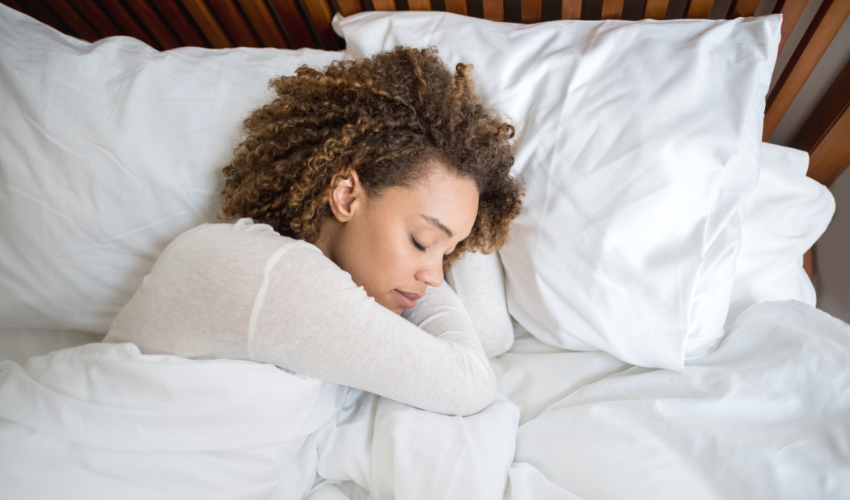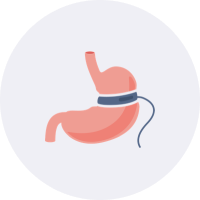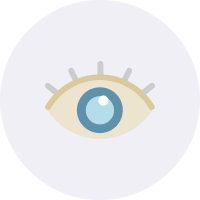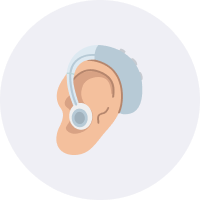As the weather warms up and we shake off the winter chill, spring brings a fresh opportunity to refocus on your health and wellbeing.
Ever find yourself wearing two different socks without realising it?
Or maybe you've caught yourself frantically searching for your phone... while you’re actually holding it? If that sounds like you, there’s a good chance you’re not getting enough sleep. And you're definitely not alone.
In fact, studies show that over half of adult Australians are dealing with at least one chronic sleep issue, such as insomnia or snoring. These sleep problems don’t just make for groggy mornings—they can affect your overall health and happiness.
According to the National Sleep Foundation, not getting enough quality sleep can turn you daily routines upside down, increasing the risk of accidents and making everyday tasks more challenging. Whether you're an exhausted new parent or a student pulling an all-nighter, the effects of sleep deprivation can be far-reaching and serious.
Sleep: your body’s reboot button
Think of sleep as your body’s way of rebooting itself. Just like a computer with too many tabs open, you need to shut down and refresh. Dr. Jennifer Schaffer, a General Practitioner based in Queensland, emphasises that sleep is crucial for the body to repair itself.
While everyone’s sleep needs are different, aiming for 7-9 hours of uninterrupted sleep a night is a good goal.
Sleep and mental health: the ultimate power nap
Running on little to no sleep is like trying to drive a car with an empty tank—it’s just not going to end well. Without enough rest, everything seems harder: You’re more irritable, less focused, and your creativity takes a hit.
A good night’s sleep gives your brain the recharge it needs. This means you’re less irritable, think more clearly and can handle life’s challenges better. Simply put, getting enough sleep is crucial for your mental wellbeing.
Want to stay healthy? Start with sleep
The next time you find yourself saying “just one more episode” think twice! Those late nights might be cutting into some serious health benefits. Developing good sleep habits can lower your risk of cardiovascular disease, type 2 diabetes and obesity. Plus, it boosts your immune system and helps keep your blood pressure in check.
5 simple tips for better sleep
When it comes to sleep, quality really is key. Here are five easy ways to ensure you wake up feeling refreshed and ready to tackle the day:
Wind down Create a relaxing bedtime routine. Whether it’s a warm bath, a good book or some soothing music, find what works for you.
Cut the caffeine: Along with alcohol and some medications, caffeine can impact your sleep. Try to limit your intake, especially later in the day.
Create a tech-free zone: Turn off all screens 1-2 hours before bed. If possible, keep your phone out of the bedroom to avoid the temptation of late-night scrolling.
Stick to a schedule: Going to bed and waking up at the same time each day can do wonders for your sleep routine. Find a schedule that suits you and stick to it.
Soak up some sunshine: Getting some sunlight first thing in the morning is a great way to wake up your body and regulate your sleep cycle. A morning walk or a quick stretch in the sun can set a positive tone for the rest of the day.
Remember, prioritising sleep isn’t just about avoiding mismatched socks—it’s about living your best, healthiest life. So, go ahead and catch those extra Z’s—you’ve earned them!
This blog article was supported by AI generation and, while intended to be helpful, should not be relied upon as individual health advice. Always consult a healthcare professional before making health decisions. The accuracy, completeness, or recency of the information cannot be guaranteed and we cannot be held responsible for any loss incurred from acting on this information. Content developed in partnership with Health and Wellbeing Queensland.
Information source: https://hw.qld.gov.au/blog/is-sleep-that-important
























